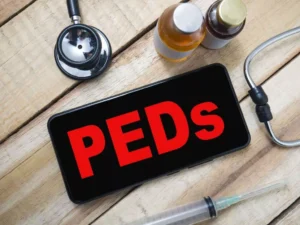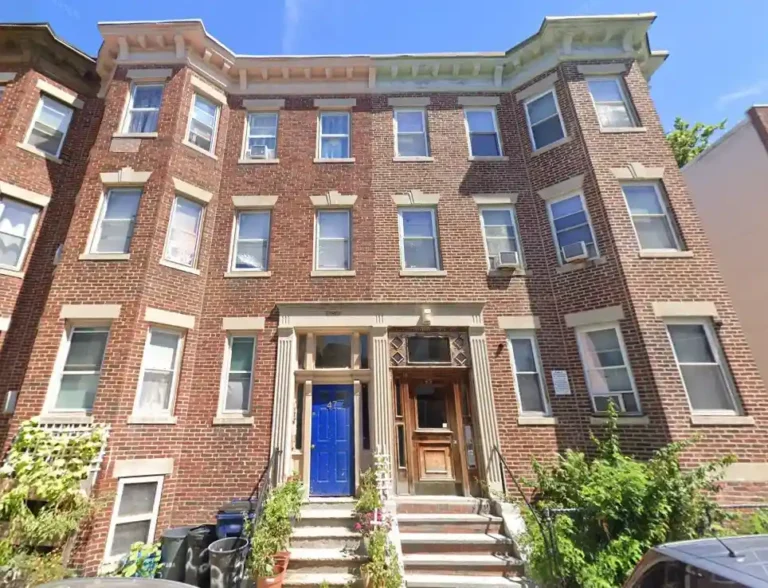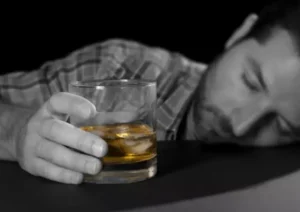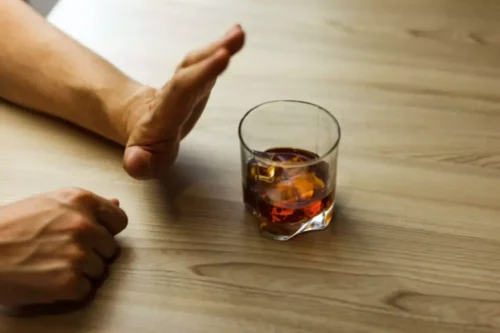
So, when you quit alcohol, your stress and anxiety levels may spike, and these elevated levels are not conducive to peaceful sleep. Patients of alcohol withdrawal often report frequent nighttime awakenings, difficulty falling asleep, and unsatisfactory sleep quality. Thankfully, these effects are temporary and subside as the body gradually acclimates to the absence of alcohol. Almost one-quarter of respondents say they sleep better if they stop drinking 3-4 hours before bedtime, and 23% say the same if they stop drinking 1-2 hours before bed. About 40% say they notice an impact on their sleep after 3-4 drinks.
Only Murders While You’re Sleeping: The Parasomnia Defense
This is not just about battling those long wakeful nights; it’s about gaining control of your body and overall wellness. Unpack your darkest circles under sleep without alcohol your eyes, and let’s walk through the sleepless town once ruled by alcohol. Navigate with valuable insights and find solace in proven solutions.

Study Finds Racial Disparities in Childhood Insomnia That Persist Among Young Adults
- Then, as withdrawal from the drug or alcohol occurs there’s a big sleep-wake reversal which then needs to be addressed.
- While a drink now and then may have a sedative effect that causes you to drift off faster, research shows that it can impede sleep quality in the long run.
- The new skill of not drinking becomes alive and automatic, “drink or not drink” becomes a small and irrelevant question, and freedom is reclaimed.
- Remember, these are averages based on research and does not apply uniformly to every individual experiencing insomnia after quitting alcohol.
People in recovery are often more likely to have problems with sleep onset than with sleep maintenance, which is why some might conclude that they can’t sleep sober. You can reach out to a qualified therapist if you’re having trouble transitioning out of alcohol use. Cognitive behavioral therapy (CBT) can help you reshape your response to stressful events and thoughts — reducing your need to use alcohol as a coping mechanism. If you or your partner or friend feels stuck using alcohol to relieve stress, talking about it is the first step.

Mental Health Effects When You Stop Drinking

The mental health changes you experience when you stop drinking can include symptoms of withdrawal, difficulty sleeping, irritability, mood swings, and clearer thinking. While some of these changes can be uncomfortable for some time, they will eventually begin to improve the longer you abstain from alcohol use. Alcohol is highly effective at suppressing melatonin, https://ecosoberhouse.com/article/alcohol-poisoning-signs-and-symptoms/ a key facilitator of sleep and regulator of sleep-wake cycles. Research indicates that a moderate dose of alcohol up to an hour before bedtime can reduce melatonin production by nearly 20 percent. Alcohol has a direct effect on circadian rhythms, diminishing the ability of the master biological clock to respond to the light cues that keep it in sync.
New Study Suggests Sleep Resets the Brain Like a Computer
Studies have shown that people who drink and have sleep apnea are at a much higher risk of traffic accidents than people with sleep apnea who do not drink alcohol. Drinking to fall asleep can cause or worsen some health issues over time. These include breathing issues like sleep apnea, which is linked to drinking. If you have an alcohol abuse problem, you may take longer to fall asleep and get less REM and sleep overall, both when drinking and when in withdrawal.
